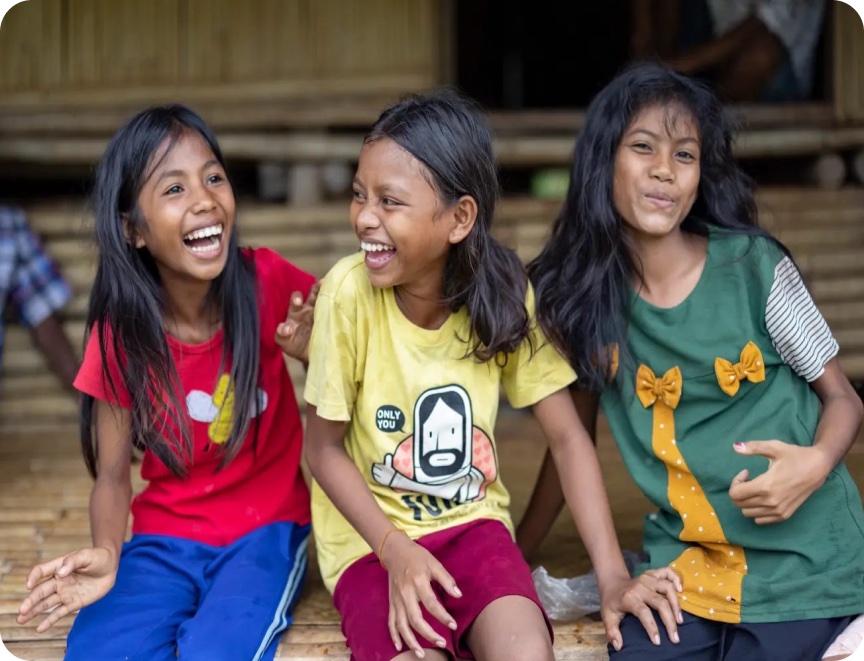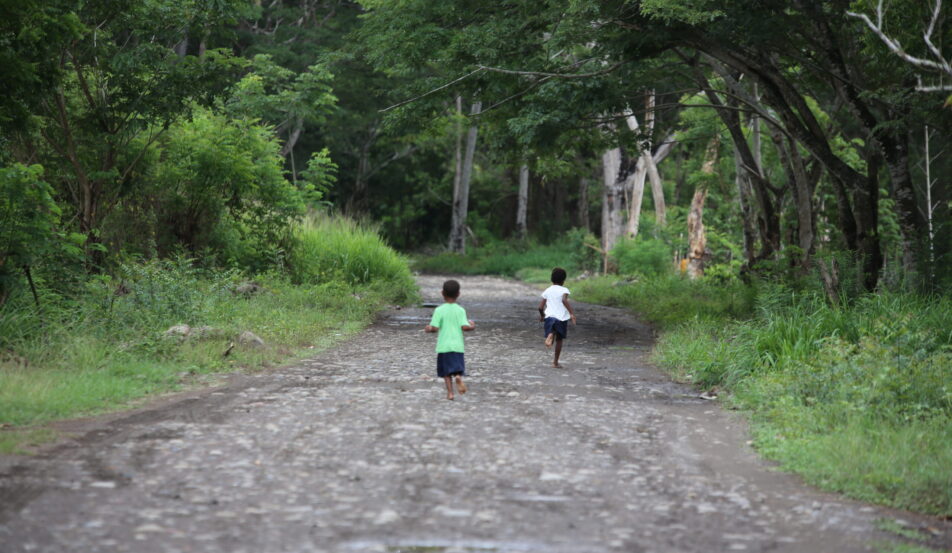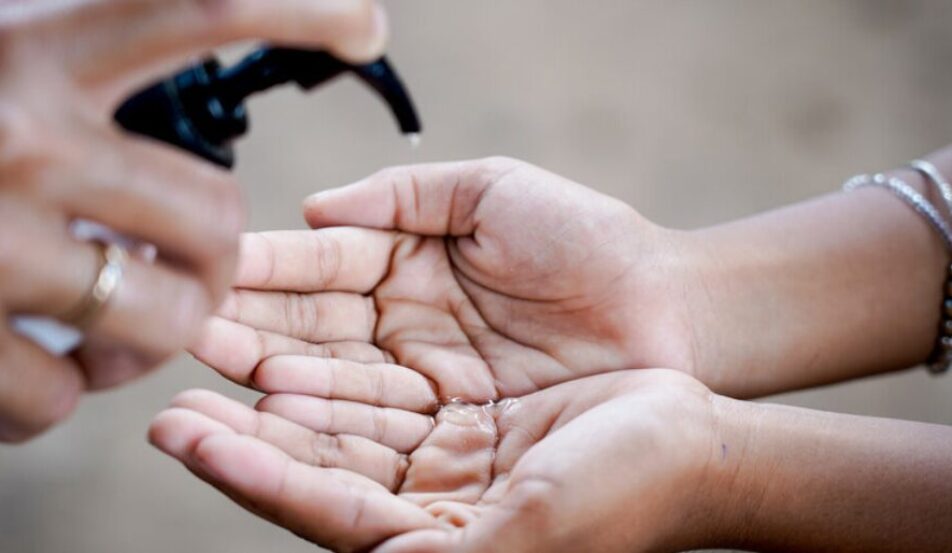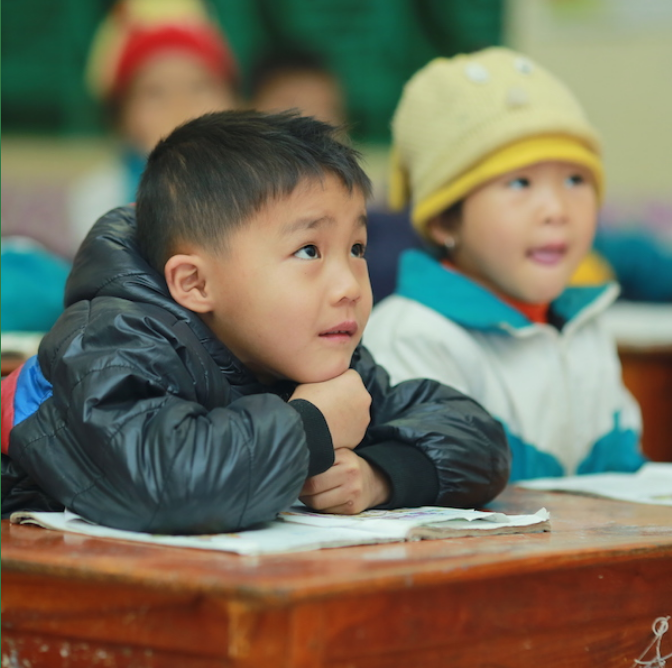What is World Malaria Day?
Globally every 2 minutes, a child dies of malaria. Each year, more than 200 million new cases of the disease are reported.
On 25 April each year, World Malaria Day aims to raise awareness about global efforts to control the spread of malaria and celebrate the improvements that have been made in the areas of treatment, prevention and education. A key focus is on remote communities, particularly in developing countries, where malaria has significantly higher mortality rates.
This year’s World Malaria Day theme is Time to deliver zero malaria: invest, innovate, implement.
Led by the World Health Organization, World Malaria Day 2023 calls on investors and innovators to do their part in creating new vector control approaches and other tools that can assist in the fight against malaria globally. A particular focus is on helping marginalised populations access existing, and new, tools and strategies to prevent the spread of malaria.
What is malaria?
Malaria is a life-threatening disease, transmitted through the female Anopheles mosquito, that has been infected by the plasmodium parasite. When this mosquito bites someone, this parasite is released into the bloodstream of the person.
Another way malaria can be transmitted is through blood transfusions or organ transplants.
Why is malaria prevention a serious global issue?
The World Health Organization (WHO) reports that an estimated 619,000 people died of malaria in 2021. An estimated 95% of these deaths were in the WHO African Region. The tragedy is that malaria is both a treatable and preventable disease, however it can be fatal when the disease is not detected or treatment has not started early enough.
Access to adequate health care is a driving factor in the high malarial mortality rate in tropical and subtropical regions such as Africa, South America and South East Asia. Widespread infection rates, across communities and multiple continents, with many cases still going unreported, is what makes malaria prevention a global issue.
Life-saving mosquito nets

By the time Fenny was 10 years old, she had come close to death more than once.
One time, she thought her time had really come. She was feverish, shivering and too weak to walk. “I was very sick,” Fenny says. “That’s when mummy carried me to the ChildFund office to get tested.”
A trained ChildFund Zambia volunteer diagnosed Fenny with malaria and referred her to the local health clinic for urgent treatment.
Fenny, now age 12, and her family live in a small home in rural Zambia that is close to a river and surrounded by wild grassland, a prime breeding ground for malaria-infected mosquitoes, especially during the wet season. There is nowhere else for the family to go; they have lived here for most of their lives and rely on a small piece of land nearby where they grow vegetables such as tomatoes and okra to earn an income.
Fenny and her five brothers and sisters have all had malaria several times. Each time, they became very sick and the disease put their lives at risk.
With ChildFund Zambia’s help, families in Fenny’s community are now able to identify and seek treatment for malaria before it is too late. But it has been the mosquito nets that have been provided with the help of ChildFund supporters that has made the biggest impact.
Fenny’s family received mosquito nets in 2017. The nets, which have been treated with insecticide, cover every bed in their home. “If possible, let it be every year that we get mosquito nets so that no one should die from malaria in our community,” Fenny says.
Since receiving the mosquito nets, no one in Fenny’s family have had malaria.
Malaria on our doorstep in Papua New Guinea
Outside sub-Saharan Africa, Papua New Guinea (PNG) – one of Australia’s closest neighours – has one of the highest proportions of malaria cases; 94% of the population is classified as high risk.
In the south-east coastal village of Kivori, a four-hour drive north of PNG’s capital, Port Moresby, everyone knows the signs and symptoms of malaria because the disease is so common. They know that when the tides are high, there are more mosquitos, and this increases the risk of malaria.
Six-year-old Paul often enjoyed playing with his friends down by the water. But a few years ago, he became sick with malaria.
Paul’s mother, Annette, was extremely worried for her son. “He was feverish and fainted,” she says. “It was quite severe.”

For many years, Annette would have to walk 10km to get to the nearest health facility because, like many families in her village, she could not afford a vehicle and there was no public transport. The journey was often unsafe because of conflict between Kivori and nearby communities.
In 2021 ChildFund Papua New Guinea supported the development of a health post in Kivori, making health care more accessible for families in Annette’s village.
When Paul got malaria, she quickly took him to the Kivori health post where he was diagnosed and referred to a larger health facility in Bereina, an hour away, for treatment.
In villages where there are no health posts available, community health volunteers trained by ChildFund will visit the child’s home and work with their family to try home remedies such as hot towels and hydration.
If the child is still unwell, the health volunteers will help transport the child to the nearest health centre for diagnosis and treatment.
After Paul returned home from Bereina, his long-term recovery was overseen by ChildFund trained community health volunteers.
How you can make a difference this World Malaria Day
This World Malaria Day, join us in the fight to eradicate suffering caused by this disease in remote and rural areas. You can help a child sleep safe at night by donating one of the below Gifts for Good.
- Insecticide-treated mosquito net: This gift is the most cost-effective way to prevent children contracting malaria.
- Safe and Sound Bundle: A simple gift of blankets and mosquito nets could keep children warm and safe from the threat of deadly malaria carrying mosquitoes.
- Community Health Volunteers: Gather your family and friends, and fundraise to train 7 health volunteers in remote communities to support families with diagnosing and treating malaria. Community Health Volunteers play an important role in bridging the gap between remote villages and health care centres by providing basic health services.
Your support can change the life of a child, and help us reach zero cases of malaria globally.

































